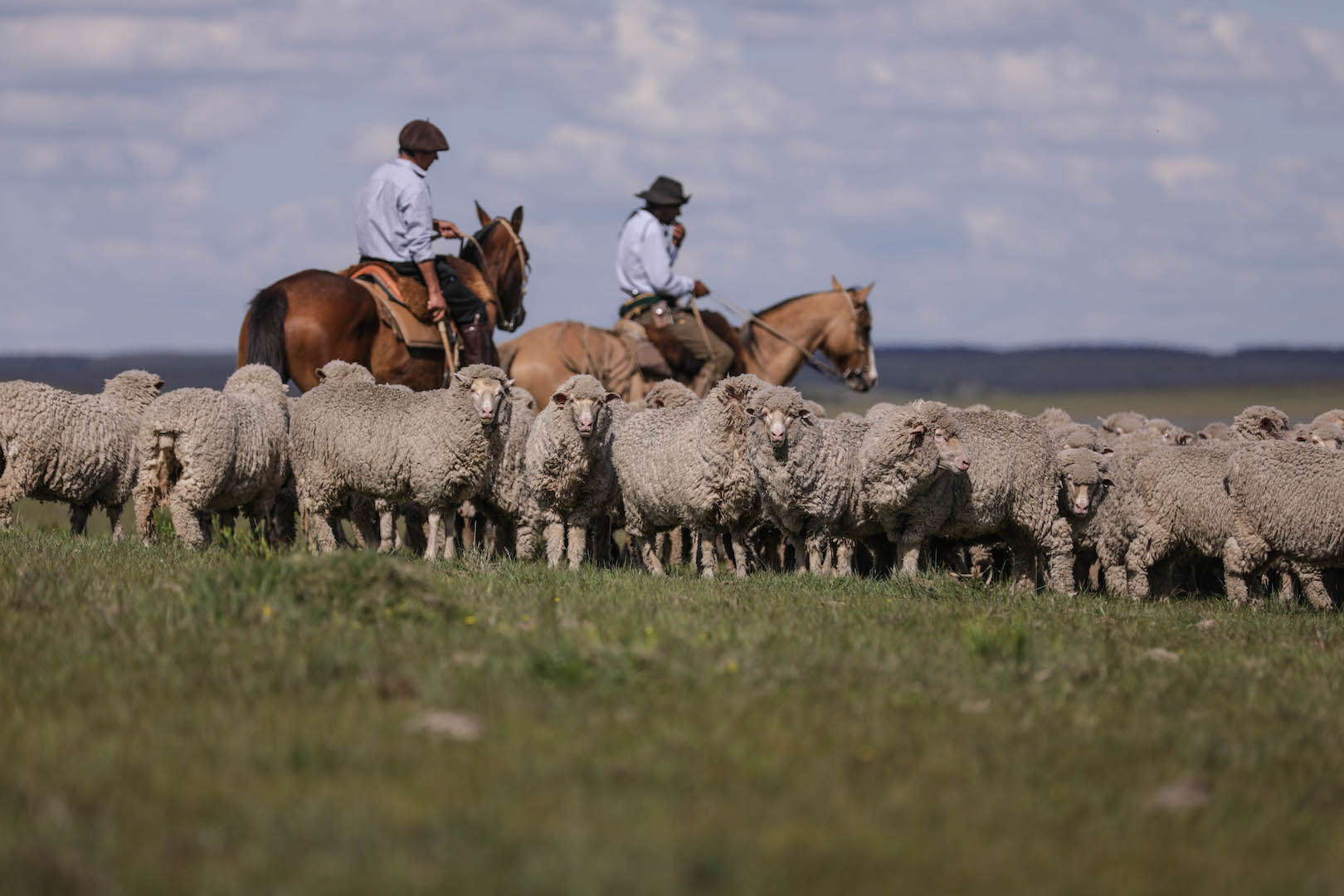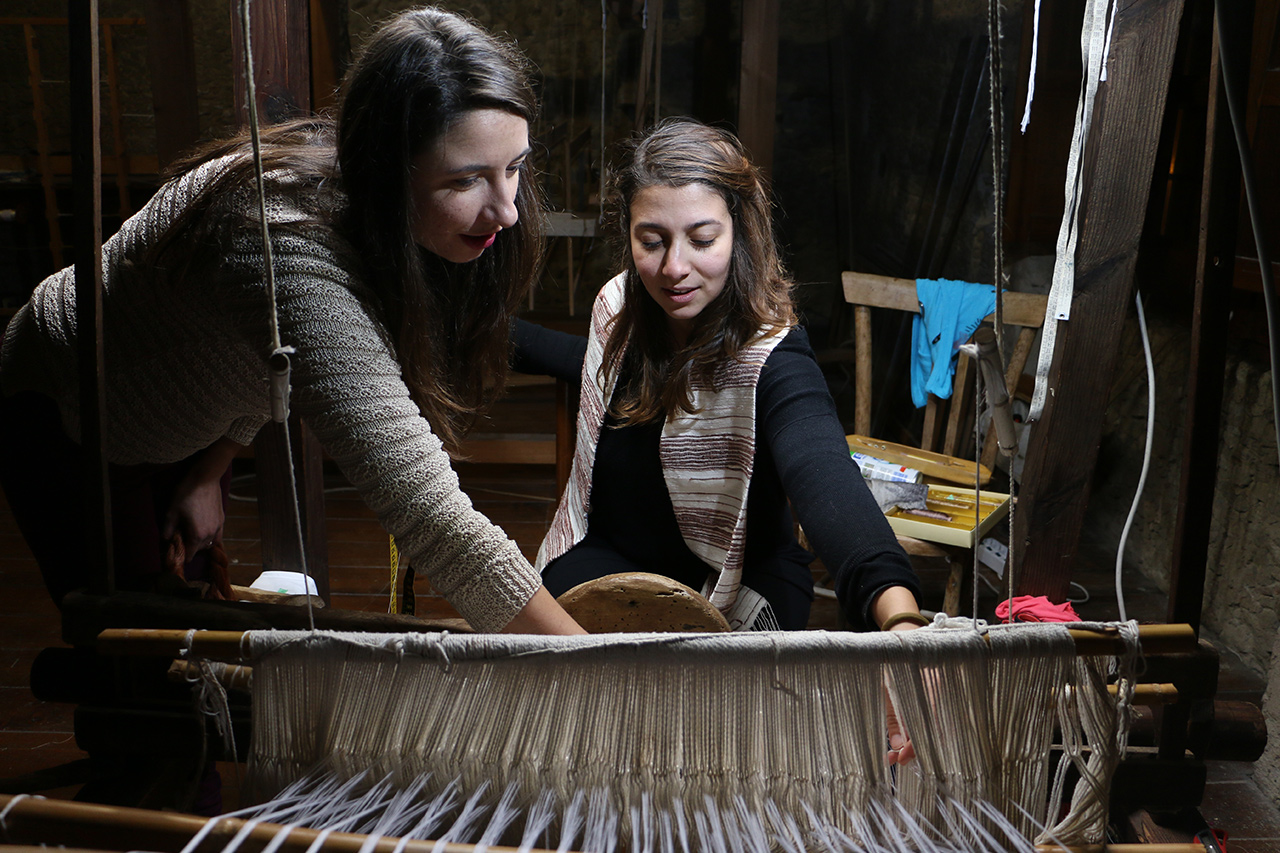Projects promoting regenerative agriculture in Italy and around the world
Since 2020, Gucci has been investing in regenerative agriculture, an important pillar in its nature-positive approach. The House has undertaken various actions aimed at protecting and restoring nature and biodiversity, while simultaneously reducing its greenhouse gas emissions and other environmental impacts as outlined in the 2023 Gucci Equilibrium Impact Report.
Today, Gucci is continuing to advance on its nature-positive approach by directly transforming its own supply chain through regenerative agriculture. The House is supporting a series of regenerative projects both within Italy and around the world, and these raw materials will be included in Gucci’s collections. Overall, it is part of the House’s strategy and commitment to increase its use of organic, recycled and sustainably sourced raw materials.
Regenerative farming rebuilds and strengthens nature rather than depleting it, and brings a whole host of other environmental and social advantages along with it. It increases the ability of soil to capture carbon and retain water, while enriching soil health and fertility. Furthermore, it helps protect and restore the biodiversity of plants and wildlife, eliminating the use of synthetic chemicals and improving animal welfare. It also contributes to farmers’ subsistence and quality of life, supporting farming communities and enabling farmers to be holistic guardians of their land.
As part of this futuristic vision for luxury’s supply chains, Gucci is helping to revive farming communities that had almost completely disappeared within Italy. Over a century after Gucci was founded, its link with tradition grows ever stronger through the House’s investment in regenerative silk, cotton and wool supply chains, with pilot projects in both the northern and southern regions. The aim is to ensure that the high level of quality and attention to detail that sets Gucci’s collections apart takes root the moment the seed is planted in the ground, thanks to direct relationships with these suppliers.
Regenerative Silk
We’ve partnered with the Nido di Seta farm in the Calabria region of southern Italy since 2022 to support the restoration of the area’s traditional mulberry tree planting and cultivation needed for the rearing of silkworms, with an aim to source their silk for future collections. The farm promotes regenerative practices for silk production, including planting mulberry trees in abandoned landscapes, training local farmers and artisans in silk crafting, and developing new more sustainable manufacturing technologies. As one of only a few mills of its kind in Europe, Nido di Seta inaugurated a reeling mill powered by solar panels in 2023 to transform the silk cocoons into filament silk thread.

Regenerative Denim
With regenerative agriculture as a key pillar in our sourcing strategy, we created denim products crafted with a material in accordance with our circular guidelines combining 74% regeneratively-grown cotton with 26% post-consumer recycled (PCR) fibres. The regenerative cotton for our ‘Denim Project’ was sourced from the regenagri®-certified Algosur farm in Spain, covering approximately 30,000 hectares of irrigated agricultural land bringing benefits to farmers and the environment.
Regenerative wool
We’ve been investing in a regenerative agriculture project in Uruguay in collaboration with Chargeurs Luxury Fibers, one of the world’s largest wool producers, in 2022. Through this collective, ten farmers spanning 100,000 hectares of land are supported in their regenerative farming practices. As part of the program, we committed to an annual purchase of fifty tons of the collective’s regenerative wool, with an aim to replace 19% of Gucci’s conventional wool. In 2023, we started to incorporate this regenerative wool into our scarves, which also carries a digital tag to trace the wool back to its origin.
The project won the Climate Action Award at the CNMI Sustainable Fashion Awards.
The raw materials produced through these initiatives not only allow increased traceability, but they also bear the names and stories of their producers. These are the next steps on a road to becoming more regenerative by design to make a real difference.



